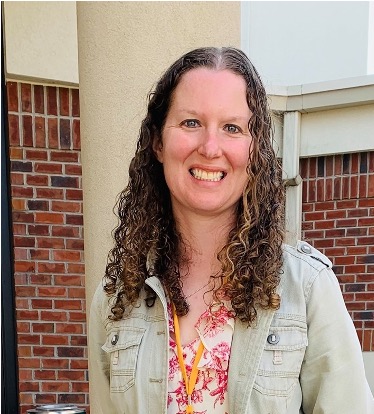“What would you do if you only had a little while longer to live?”
It was not a question asked at the bedside of a terminally ill patient or part of a book study of Kerry Shook’s “One Month to Live.” It didn’t come from the mouth of Jack Nicholson or Morgan Freeman either. Instead, the context was a church leadership team meeting. And the question came from the mouth of the pastor.
It was not an uncommon story. The church’s attendance continued to decline as its median age continued to rise. However, the community around them continued to change and grow, including a new housing community adjacent to the church property. Months earlier, the church had come to the conclusion they could not become Hillsong or Life Church— nor were they supposed to be. Of course, there was no absolute writing on the wall; the denomination wasn’t closing their doors next week, and there was still money in the bank.
But now, long-time members looked one another in the face as the question reverberated in their hearts.
“What WOULD we do if we only had a little while longer to live?”
Then came the ideas. A community meal. Free hot dogs. Connecting with the people with special needs who were moving into the new housing development. Movies, perhaps. They were ideas that involved reaching out, trying new things, touching the lives of people who weren’t showing up on Sunday morning. Interestingly enough, most of the ideas were not about preserving what they had but rather giving it away.
They discussed them and wrote them down.
And then they did them.
The pastor told me this story, still in the early stages of starting a fresh expression of church, listening to the community and to God, without having it all figured out. But in it all, he was introducing an important concept that anyone who has faced death or thought of it seriously does when they put together their mighty bucket list.
Considering the nearness of death can bring a new kind of life.
Considering the nearness of death can bring a new kind of life.
Tweet this.
What would you do if you only had a little while longer to live?
The answer often involves things at which you’ve been afraid to fail, what you’ve been scared to lose, what you have been putting off. There is a strange freedom that comes with creating the bucket list, as you become less focused on what’s in front of you and more aware of what’s around you. The question is no longer “why?” but “why not?” In a sense, you begin to experience the hope of Paul’s words: “…Let nothing move you. Always give yourselves fully to the work of the Lord, because you know that your labor in the Lord is not in vain” (1 Cor 15:58)
There is a strange freedom that comes with creating the bucket list, as you become less focused on what’s in front of you and more aware of what’s around you. The question is no longer 'why?' but 'why not?'
Tweet this.
In a church, the people who have been holding back from sharing ideas that could be deemed silly or crazy are given permission to dream again.
Of course, from an earthly, hedonistic standpoint, the answer also could turn the other way. The bucket list could become all about you. You could splurge and satisfy—but to what end? In the classic 2007 movie, the characters begin their adventure by doing just that. But soon they discover that the gift of the bucket list is less about them and more about their relationships with others—cultivating them, rekindling them, healing them.
As a pastor or church leader, you might nod your head at the need to start fresh expressions of church. You, like my pastor friend, might be in a situation where Jesus has shown you that the fields are ripe for harvest, but your farm is shrinking and the farmhands are obstinate to stay in the barn. How do you get them out? It’s not impossible. Others have done it. Check out their stories here.
Perhaps it means asking yourself and your church the question: what would you do if you only had a little while longer to live? Write down the answers. Be crazy. Have fun with it. And then begin some holy experimentation. Who knows where it could lead?
Perhaps you can begin a new chapter by listening to the Spirit who gives dreams and visions.
Perhaps the way to begin is by contemplating facing the end.


